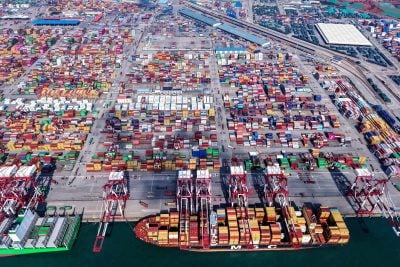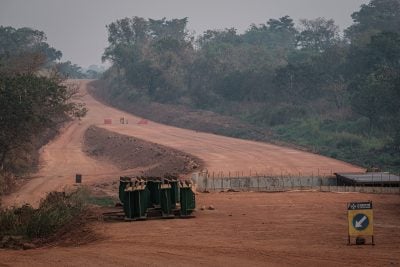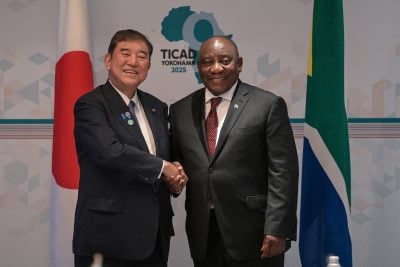Women are the backbone of Africa’s economy but there is a $42bn funding gap between access to men and women. Two of the key challenges are higher interest rates for women who lack collateral, due to unfair land laws and are often seen as a greater risk.
Addressing these gender inequalities could have a major impact on the continent’s growth as well as the lives of men, women and children across Africa. Women are said to reinvest 90% of their earnings back into their communities, compared to 35% for men.
And, according to the United Nations Development Programme, failing to include women fully in economic life costs sub-Saharan Africa $95bn in lost productivity every year.
Monica Musonda, is the CEO of Java Foods, a Zambian-based food-processing business which she founded in 2012. She is one of very few Zambian women who run a food processing business at scale, and her leadership and vision have grown Java Foods into one of the leading food manufacturers in the country.
As such, she is familiar with the challenges facing women in agribusiness and what needs to be done to help them realize their huge potential.
“Women are instrumental in the agribusiness value chain where I work but have failed to scale their business due to a variety of reasons including access to affordable capital”, explains Monica.
“At a time when the whole world is concerned about food security, Africa can begin to reverse challenges by being much more deliberate about supporting women-run agri-businesses and addressing barriers.“
Monica continues: “When I began my business, I was paying interest rates of 27% per annum and it was very difficult to make a profit. There were also really prohibitive collateral requirements, and, in the end, I had to put down personal assets to back the company loan.”
Statistics show that women are less likely to default on loans and women-owned businesses are less likely to end in bankruptcy, so there is no excuse for these unfair challenges.
As an Ambassador for AFAWA (Affirmative Finance Action for Women in Africa), Monica wants more businesswomen to be aware of the support it provides.
AFAWA, the Africa Development Bank’s flagship gender initiative, aims to unlock $5bn in financing for 30,000 women’s businesses by 2026. Already, in three years, the volume of investments towards women-led small and medium enterprises (WSMEs) has increased ten-fold.
In the last three years, AFAWA has approved $1.7bn for women entrepreneurs in at least 32 countries through 96 financial institutions. This has supported more than 7,000 WSMEs so far.
But addressing the finance gap is not enough to tackle the more deep-rooted values and wider challenges holding back women and girls.
One of the biggest challenges faced by women starting a business is the expectation that they have the primary responsibility to look after the family and children. In several African countries, including DRC and Mauritania, there are laws that state that a husband constitutes the head of household while a wife’s role is to assist him in managing the family.
There are so many laws and practices that need to be changed to allow women to meet their full potential as successful businesswomen. For example, many African countries, such as Kenya and Malawi, have implemented principles to improve gender parity in local land governance structures, but these principles are often not practised at the community level. More also needs to be done to address areas such as high school-dropout rates for girls, where in Sub-Saharan Africa only 25% of girls complete their secondary level education.
This is why AFAWA offers capacity building and training, in addition to loans, to enhance business productivity and growth. It also engages with African governments and other key stakeholders to support legal, policy and regulatory reforms that strike down the structural barriers impeding women in business.
Another AFAWA ambassador, Aïssata Lam, immediately started making changes when she became director general of the Investment Promotion Agency of Mauritania (APIM), among them introducing longer maternity leave allowances and granting paternity leave.
Assisting women to register their businesses so that they can apply for financing is a priority for APIM. It has also worked with AFAWA to offer business skills training to women working in fishing, Mauritania’s biggest industry sector. There, women account for 90% of the small-scale activities, such as smoking the fish and selling in markets, and very few women occupy senior roles.
Aissata says: “It’s important that everyone understands the gender disparities that exist in business and takes action to address it. Having more women in senior political positions in Africa would definitely help.
“Representation matters,” she continues. “When African women see women like themselves in senior positions in the world of politics and business they then believe that they too can succeed.”
In Nigeria less than 4% of members of parliament (MPs) are women.
Fellow AFAWA ambassador Eveline Tall, chairperson at E and Partners and former deputy CEO/COO at Ecobank Transnational Inc, agrees that representation is important.
She is spearheading an important initiative – the Women’s Investment Capital – in Senegal, where a group of Senegalese businesswomen have invested $3 million in seven small and medium-sized Senegalese companies, creating 400 jobs, with a goal of a further 3,600 jobs as these companies grow.
“In Senegal, the government has implemented a policy for parity in parliament so women are better represented,” she explains. “I think this should be extended to boards in the private sector. After all, companies with better representation at the top are known to do better than their competitors.
“I’ve also seen instances where some African governments have been persuaded to provide more financing for women in business, perhaps as a result of more women being represented at government level. For example, in Senegal and Rwanda, the proportion of women MPs are 44% and 62% respectively, and we are beginning to see steps in the right direction.”
This year, Eveline hopes that the call for action at the Conference on Land Policy in Africa, in November 2023, will continue to build the momentum for the African Union Land Policy campaign for women’s land ownership, which aims for 30% of land to be in women’s names by 2025.
May’s African Development Bank Group 2024 Annual Meetings in Kenya and Africa CEO Forum in Rwanda also have potential for progress, with more political leaders expected to be involved.
This follows a year where AFAWA engaged key stakeholders including central banks and governments to secure legal, policy and regulatory reform to make it easier for women entrepreneurs to access finance.
“AFAWA does not only support women by providing access to finance, but it ignites a ripple of prosperity throughout Africa,” says Melissa Basque-Roux, AFAWA acting coordinator.
The organisation now plans to accelerate its work towards the $5bn target by reaching out to new countries in Northern, Central and Southern Africa. Moreover, greater emphasis will be given to states facing fragility and multi-dimensional crises. AFAWA is committed to expanding into new spaces such as women fund managers or micro-finance. Work will continue leveraging existing and new innovative financial tools, including the risk-share mechanism which aims to unlock $3bn.
Want to continue reading? Subscribe today.
You've read all your free articles for this month! Subscribe now to enjoy full access to our content.
Digital Monthly
£8.00 / month
Receive full unlimited access to our articles, opinions, podcasts and more.
Digital Yearly
£70.00 / year
Our best value offer - save £26 and gain access to all of our digital content for an entire year!
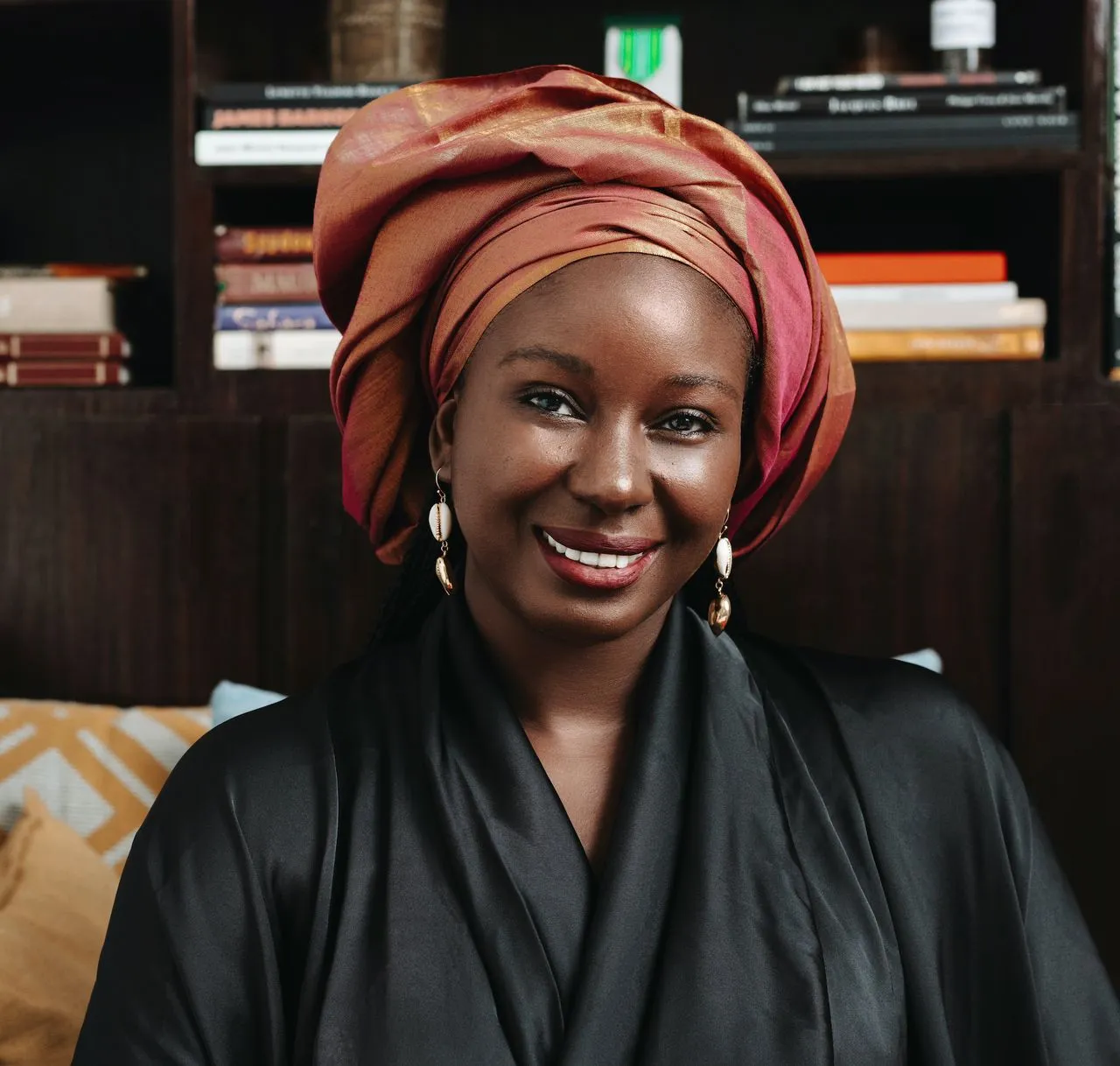
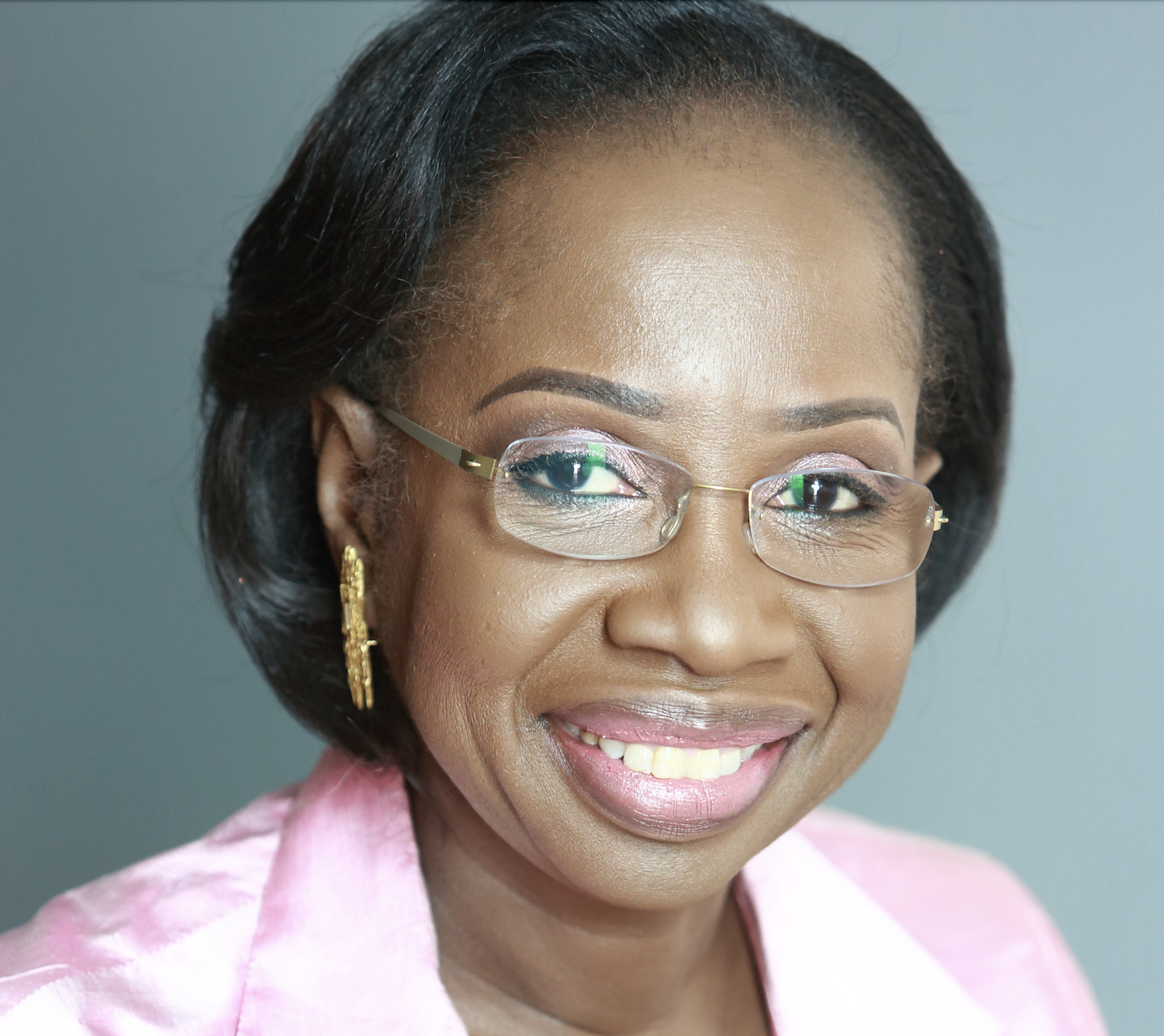
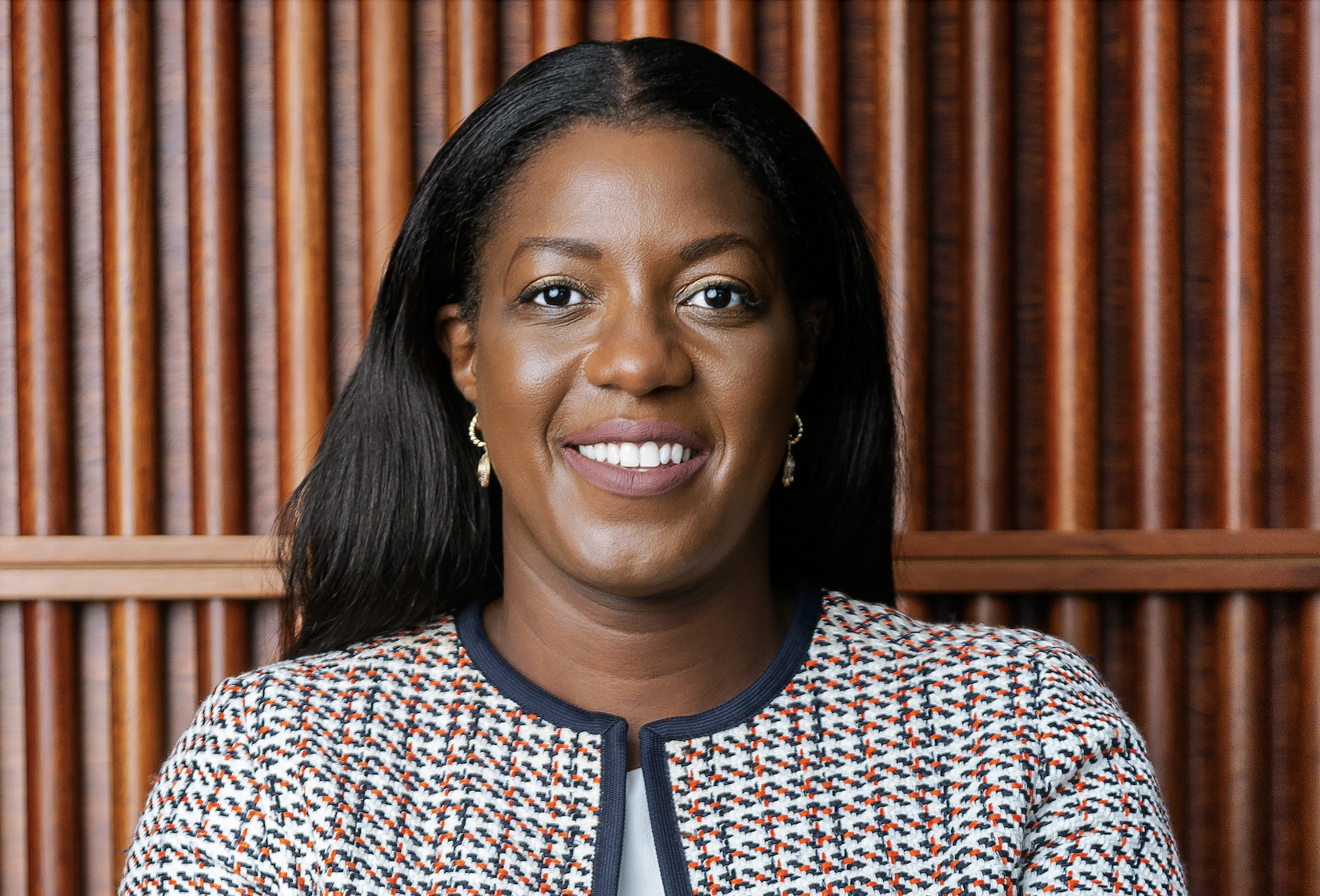

 Sign in with Google
Sign in with Google 


